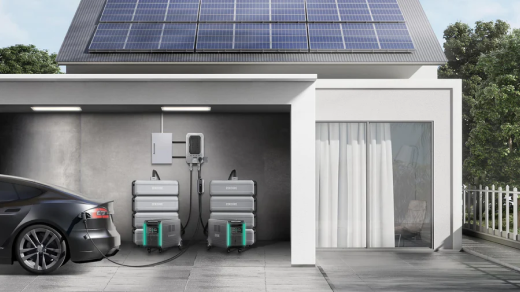
Introduction
Have you ever found yourself in a situation where electricity is out, but you still need power to keep your important appliances and devices running? That's where portable generators come to the rescue! In this comprehensive overview, we will explore the world of portable generators, their functionalities, and how they can be a crucial asset in times of need.
Understanding Portable Generators
Before diving deep into the specifics, let's start with the basics. Portable generators are compact power devices that provide electricity when the main power source is unavailable. They are designed to be easily movable, making them suitable for a variety of situations such as outdoor activities, camping trips, or emergency backup during power outages.
Types of Portable Generators
Portable generators can be categorized into two primary types based on their fuel source - gasoline-powered and propane-powered generators. Gasoline-powered generators are more common and readily available, while propane-powered generators offer cleaner burning fuel with longer shelf life.
Choosing the Right Output Capacity
The output capacity of a portable generator is measured in watts and determines the devices it can power. It is essential to assess your power requirements before purchasing a generator. For instance, a small generator with around 2000-3000 watts output is sufficient for powering basic appliances and charging electronic devices. On the other hand, if you need to power heavy machinery or an entire household, a generator with a higher output capacity, around 7000-9000 watts, would be more suitable.
Maintenance and Safety Tips
Proper maintenance and safety precautions are crucial to ensure the longevity and safe usage of portable generators. Regularly scheduled oil changes, keeping the generator in a well-ventilated area, and avoiding overloading are some essential maintenance practices. Additionally, it is advised to never operate a portable generator indoors or in enclosed spaces due to the risk of carbon monoxide poisoning.
Conclusion
portable generators are versatile power devices that provide a reliable source of electricity when you need it the most. Whether it's for outdoor activities, camping trips, or emergency backup, having a portable generator can be a life-saver. Remember to choose the right generator based on your power requirements, perform regular maintenance, and prioritize safety while operating it.
Useful Resources:
- Generac - Leading manufacturer of power generation solutions
- Consumer Reports - Trusted source for product reviews and buying guides
- Ready.gov - Official website for emergency preparedness








